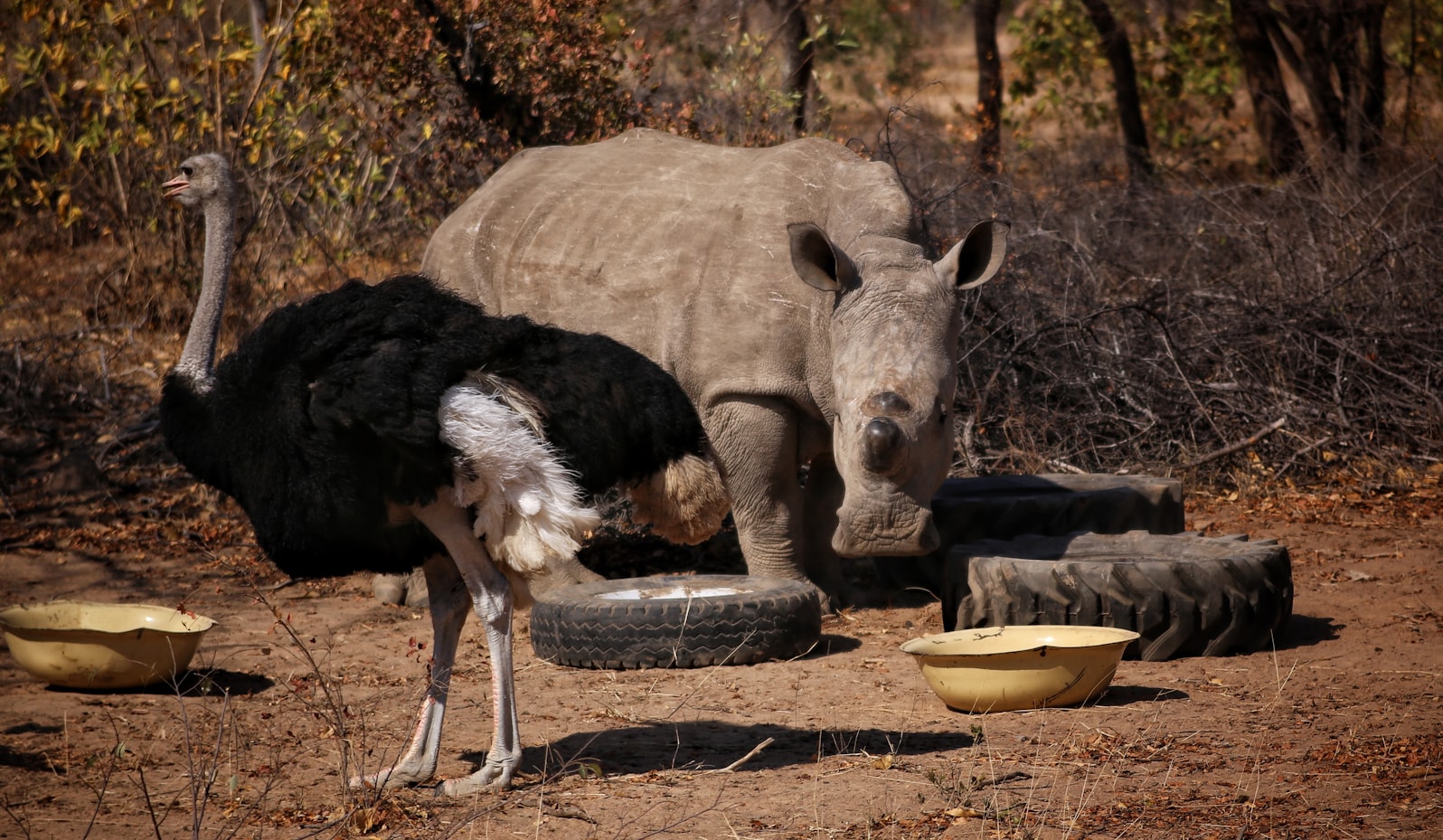The Benefits of Biodiversity: Why Preserving Different Species is Crucial for the Planet

Biodiversity refers to the variety of life on Earth, including the diversity of species, ecosystems, and genetic variation. It is a crucial component of the planet’s natural systems and provides a wide range of benefits for both the environment and human well-being.
Benefits of Biodiversity
Ecosystem Services
One of the most important benefits of biodiversity is the provision of ecosystem services. Ecosystem services refer to the benefits that humans obtain from natural ecosystems, such as clean air and water, pollination of crops, and pest control. Biodiversity is essential for the functioning of these ecosystems and the services they provide. For example, a diverse range of pollinators is necessary for the pollination of many crops, and a diverse range of predators is necessary for controlling pest populations.
Climate Regulation
Biodiversity also plays an important role in regulating the Earth’s climate. For example, forests and other vegetation absorb and store carbon, which helps to regulate the Earth’s temperature. Additionally, wetlands, mangroves, and other coastal ecosystems help to protect against coastal flooding and erosion.
Economic Value
Biodiversity also has significant economic value. For example, many medicinal compounds are derived from plants and animals, and a wide range of industries, such as forestry, fishing, and ecotourism, depend on biodiversity. Additionally, many traditional cultures and indigenous peoples rely on biodiversity for their livelihoods, culture, and spiritual beliefs.
Cultural and Spiritual Value
Biodiversity also has significant cultural and spiritual value. For example, many cultures have traditional ecological knowledge and practices that rely on biodiversity. Additionally, many people find inspiration and spiritual connections in nature, which can be an important source of well-being.
However, despite the numerous benefits of biodiversity, many species and ecosystems are currently under threat. Habitat destruction, pollution, climate change, and over-exploitation are all contributing to the loss of biodiversity. This loss of biodiversity has significant consequences, both for the environment and for human well-being.

Crucial actions to protect and conserve different species and ecosystems
In order to preserve biodiversity and the benefits it provides, it is crucial to take action to protect and conserve different species and ecosystems. This can include measures such as:
- Habitat conservation and restoration: This can include protecting critical habitats, such as forests, wetlands, and coral reefs, through conservation measures such as protected areas or sustainable management practices.
- Invasive species management: Invasive species can have a significant impact on native biodiversity. By managing and controlling invasive species, it is possible to reduce their impact and protect native biodiversity.
- Sustainable use of natural resources: By using natural resources in a sustainable manner, it is possible to reduce the impact of human activities on biodiversity. This can include sustainable fishing practices, sustainable forestry, and ecotourism.
- Climate change adaptation and mitigation: Climate change is one of the most significant threats to biodiversity. By taking measures to reduce greenhouse gas emissions and adapt to the impacts of climate change, it is possible to reduce the impact of climate change on biodiversity.
- Education and awareness: Raising awareness about the importance of biodiversity and the threats it faces can help to build support for conservation efforts. Education and awareness campaigns can also help to promote sustainable practices and behaviors.
In conclusion, biodiversity is a crucial component of the planet’s natural systems and provides a wide range of benefits for both the environment and human well-being. However, despite the numerous benefits of biodiversity, many species and ecosystems are currently under threat. It is crucial to take action to protect and conserve different species and ecosystems in order to preserve the benefits they provide.
References:
- Ecosystems AND HUMAN WELL-BEING
- Millennium Ecosystem Assessment: Ecosystems and Human Well-being | World Resources Institute
- Global Biodiversity Outlook 3
- Global Biodiversity Outlook
- (PDF) The Economics of Ecosystems and Biodiversity: Ecological and Economic Foundations
- The Economics of Ecosystems and Biodiversity: Ecological and Economic Foundations
- https://www.cbd.int/doc/press/2010/pr-2010-05-10-gbo3-en.pdf
- (PDF) The Economics of Ecosystems and Biodiversity: Ecological and Economic Foundations
- The Economics of Ecosystems and Biodiversity: Ecological and Economic Foundations
- Global Assessment Report on Biodiversity and Ecosystem Services | IPBES secretariat
- BIODIVERSITY AND ECOSYSTEM SERVICES
- IPBES, 2019. Summary for policymakers of the global assessment report on biodiversity and ecosystem services of the Intergovernmental Science‐Policy Platform on Biodiversity and Ecosystem Services – Bongaarts – 2019 – Population and Development Review – Wiley Online Library
- Global Assessment Report on Biodiversity and Ecosystem Services – Wikipedia





